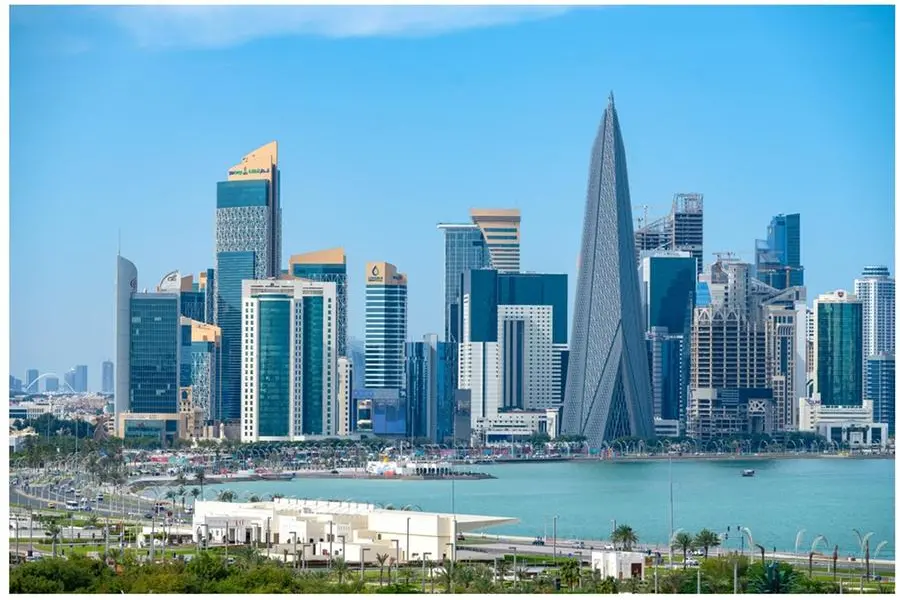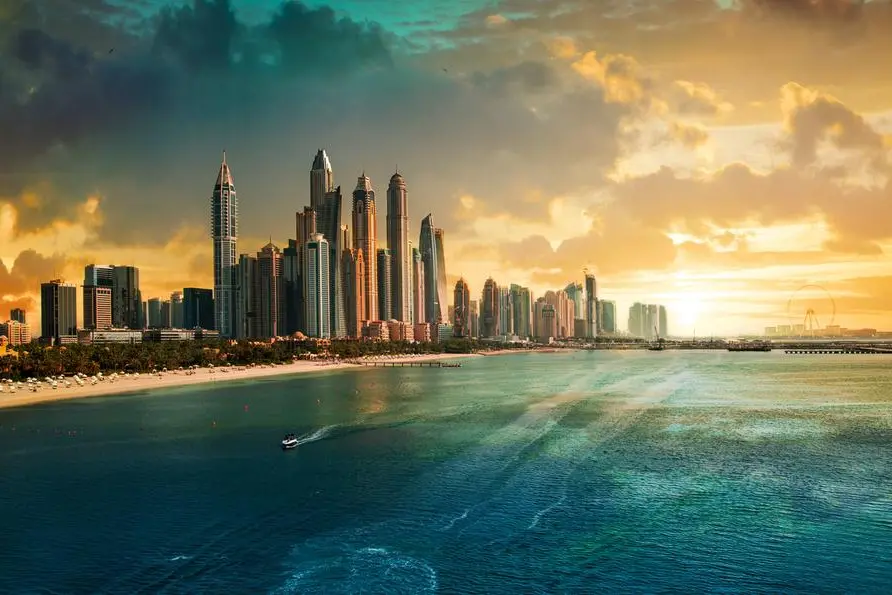In a powerful demonstration of its rising global appeal, Qatar has attracted over $2.7 billion in foreign direct investment (FDI) in 2024, signaling a new chapter in the country’s economic diversification journey. The influx comes at a time when global competition for capital is fierce, but Qatar has firmly positioned itself as a regional leader in reform, innovation, and investment-readiness.
This remarkable performance reflects the strategic choices the nation has made over the past several years to open up its markets, streamline investment processes, and align national development plans with global economic trends.
Investment Performance Reaches New Heights
Qatar’s foreign direct investment performance in 2024 saw a dramatic increase in both the volume of capital and the number of active projects. Over 240 new investment projects were registered throughout the year, representing more than double the number from the previous year.

The lion’s share of this investment flowed into key sectors such as energy and power generation, retail, infrastructure, water management, and business services. This spread underscores not only the size of the capital inflow, but also its diversity—an essential ingredient for long-term, sustainable economic growth.
More notably, about 95% of the projects were greenfield investments, indicating strong confidence from foreign investors to establish entirely new operations in Qatar rather than acquire existing assets.
Thousands of Jobs, Fresh Sectors
The FDI boom has had an immediate impact on job creation. Over 9,000 new positions were created in Qatar in 2024 alone due to FDI-related projects, with roles spanning technical, managerial, and administrative levels.
Major employment drivers included the retail and wholesale trade, hospitality, administrative services, and scientific research sectors. This not only supports Qatar’s goal of expanding non-oil sectors, but also reinforces the country’s ambition to become a knowledge-based economy fueled by skilled talent and innovative industries.
The emphasis on high-value services and research-intensive industries is aligned with the nation’s broader economic transition strategy.
National Strategy Fueling Investment Momentum
Qatar’s successful attraction of FDI this year is no accident—it’s the outcome of deliberate national planning under the umbrella of the Third National Development Strategy (NDS3). Spanning from 2024 to 2030, this strategy aims to reposition Qatar as a diversified, sustainable, and globally competitive economy.
Among the key goals of NDS3 are:
- Raising annual economic growth to 4%
- Increasing labor productivity by 2% each year
- Attracting a total of $100 billion in FDI by 2030
The year 2024 marks a strong step toward these objectives, suggesting that the nation’s policy interventions are both effective and investor-friendly. The growth in greenfield projects and capital intensity also indicates that investors are not merely chasing short-term returns—they’re building for the future in Qatar.
The Power of Policy and Partnership
Behind these headline-grabbing numbers is a comprehensive network of institutions that have played a crucial role in nurturing investor confidence. From regulatory reforms to the promotion of public-private partnerships, Qatar has made significant efforts to ensure that the investment climate is both predictable and progressive.
Dedicated investment promotion agencies have been instrumental in helping international companies navigate Qatar’s business ecosystem. These agencies have worked to simplify procedures, promote transparency, and showcase the opportunities available across key sectors like technology, logistics, energy, and manufacturing.
Additionally, various economic zones and financial centers have given investors access to world-class infrastructure, tax incentives, and legal frameworks that align with international standards.
Investor Confidence Runs High
A diverse range of countries contributed to Qatar’s FDI inflows in 2024, with strong participation from both neighboring Gulf states and global powerhouses. This geographic diversity is a healthy indicator of investor confidence across regions and sectors.

More than just capital, investors are bringing know-how, technology, and global networks to Qatar—contributions that will play a critical role in the country’s broader economic transformation.
There’s also growing interest in innovation-driven sectors, with several foreign companies choosing Qatar as a base for research and development, digital services, and AI applications. These investments further enhance Qatar’s status as a hub for future industries in the Middle East.
Infrastructure, Talent, and Global Outlook
Qatar’s strong performance is also supported by world-class infrastructure, a strategic geographic location, and a forward-thinking education system. New highways, ports, digital infrastructure, and logistics corridors have made Qatar more accessible than ever for global business.
Meanwhile, significant investments in education and workforce development are ensuring a pipeline of skilled, multilingual professionals. International universities, research centers, and tech incubators located within Qatar are producing talent capable of meeting the needs of the global economy.
Qatar’s stable political environment and clear long-term economic vision further add to its appeal as a reliable destination for capital.
Long-Term Vision, Short-Term Results
Qatar’s goal to reach $100 billion in FDI by 2030 may seem ambitious, but the results of 2024 suggest that it is well within reach. The government continues to refine its investment framework to attract long-term, responsible investors who are aligned with its sustainability and economic inclusion goals.
These efforts are complemented by robust financial governance, open trade policies, and support for entrepreneurship. From clean energy projects to smart cities and digital innovation, Qatar is positioning itself to lead the Gulf region—and potentially the world—in next-generation investment opportunities.
With rising global competition for capital, Qatar’s ability to stand out in 2024 shows that the country isn’t just playing catch-up; it’s setting the pace.
The Road Ahead
Looking forward, Qatar plans to maintain momentum by further expanding investment channels, strengthening private sector participation, and reducing barriers to entry for small and medium-sized enterprises. Future projects are expected to focus on sustainability, green technology, fintech, and advanced manufacturing.

In tandem, the government is increasing its international outreach—hosting global investment summits, forging trade partnerships, and promoting co-investment models that benefit both Qatar and its international partners.
These proactive steps will ensure that Qatar remains an attractive destination for global investors, even as economic conditions shift and evolve.
Conclusion
Qatar’s ability to attract over $2.7 billion in foreign direct investment in a single year speaks volumes about the country’s economic resilience, strategic foresight, and business-friendly ecosystem.
From job creation and sectoral diversification to talent development and infrastructure investment, this achievement is not just a short-term win—it’s a statement of intent. Qatar is building a future-ready economy, and the world is taking notice.
As 2025 begins, all signs point toward continued growth, deeper investor engagement, and a thriving, diversified economy that offers opportunity for all.
Do follow UAE Stories on Instagram
Read More: Bitcoin.com Opens Strategic Regional Headquarters at Dubai’s DMCC













